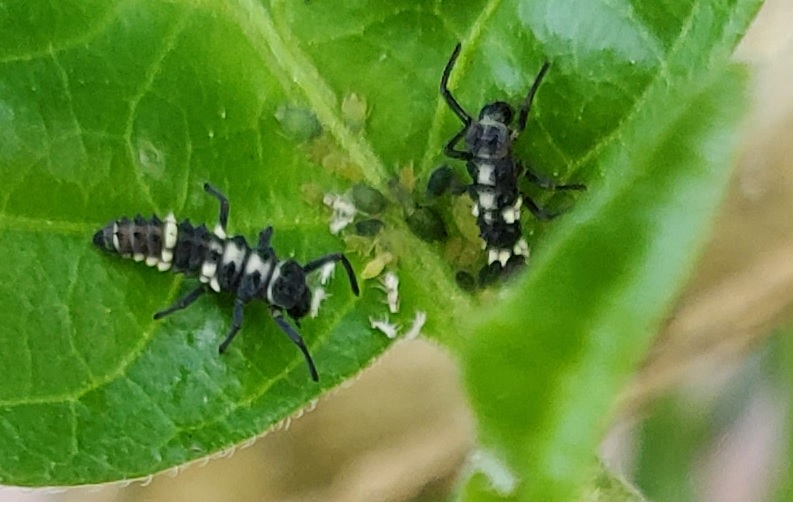Bou said:
HI Solid7, in fact the authors argue that compost tea, which is like a rich soup mostly made of bacterias, protozoans, nematods, etc. help the plants to defend themselves against nasties. Adding those benefical "microbes" creates a competition between them and the pathogens for space and leaf exudates. Maybe not a panacea but the concept looks trustable to me, while still being on the cheap side; I see it like one more biological weapon in the arsenal to stregthen the plants!
Yep, I understand the premise. Truth be told, when I have excess compost tea, it goes on the plant. But I still don't subscribe the theory that it actually helps strengthen the plant, or repel pests. And regardless of how well published the author is, I don't believe that they've adequately demonstrated their theories, with research and testing.
.
There are so many things that are popular ideas, and huge revenue generators. Anybody who is an "expert" has a vested interest in promoting their ideas to the nth degree. The point that I was, and still am making, is that if you want to spray the plant, you should. I sometimes do. (mostly because I usually have more than I need in a single brew) However, I would NOT rely on compost tea to be the miracle product that the author(s) claim it to be. I still believe that compost tea is, far and away, most effective in the root zone. (from what I've seen, I still think they have a lot of work to do to qualify under which conditions it is most effective, as well - because again, it doesn't necessarily work the same in any substrate, in any given set of conditions)
.
There might be mitigating factors that make compost tea more or less effective, under certain conditions. Any of us who have grown in different parts of the country or world, know that not everything works just exactly the same, everywhere. And if the author claims that compost tea is an effective innoculant/pesticide, I think they need to put a whole lot more effort into substantiating those claims, and in different parts of the world. (something that plant research, as a whole, largely neglects to do)
.
I strongly advocate that everyone be a cautiously optimistic skepto-pessimist. Especially with regards to subject matter upon which people have laid down multi-million dollar empires. The hobby growing industry has supremely proven that they aren't our altruistic well wishing friends.



